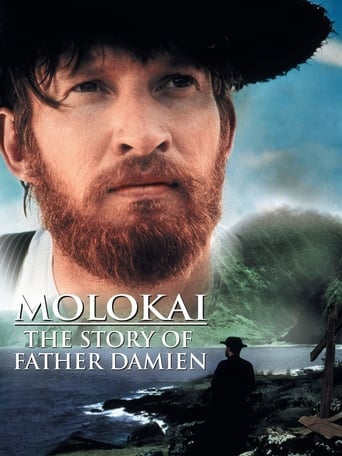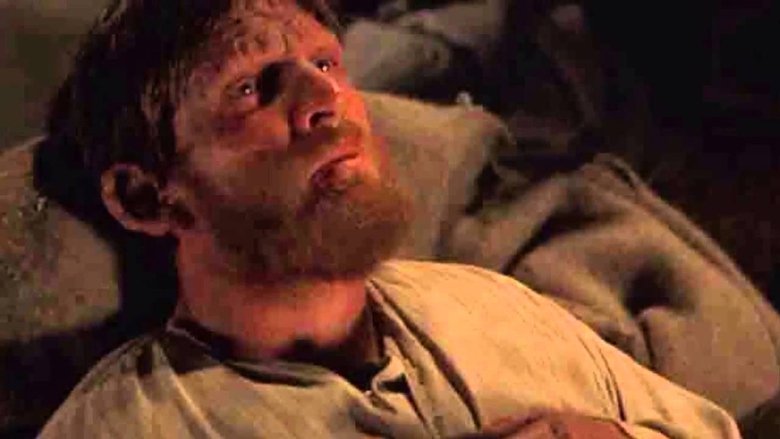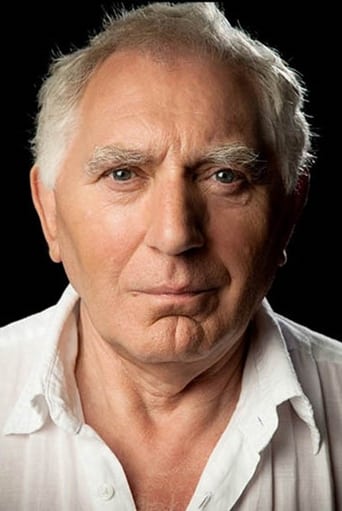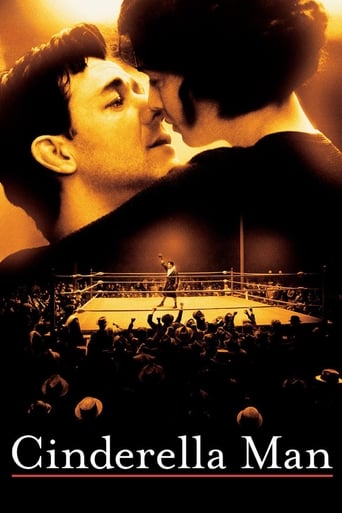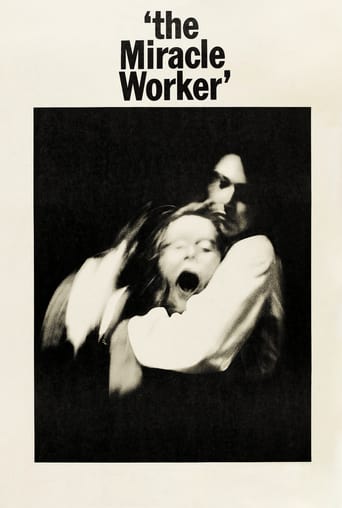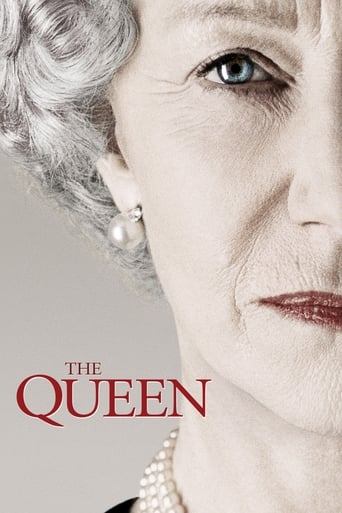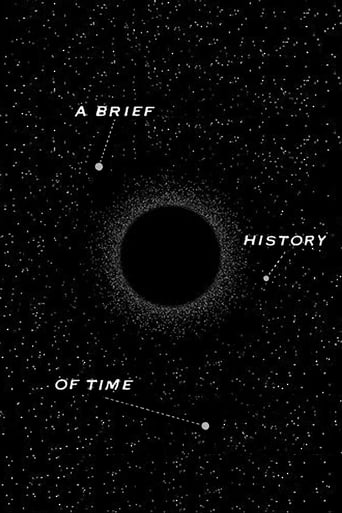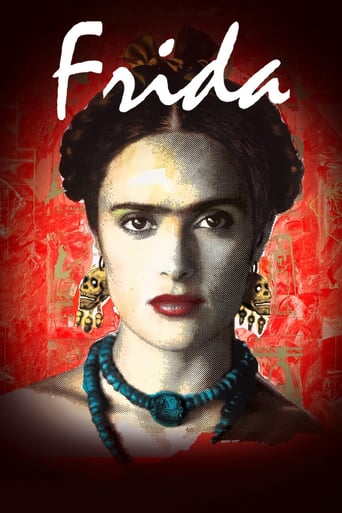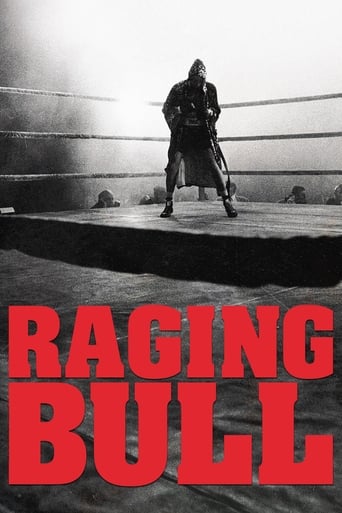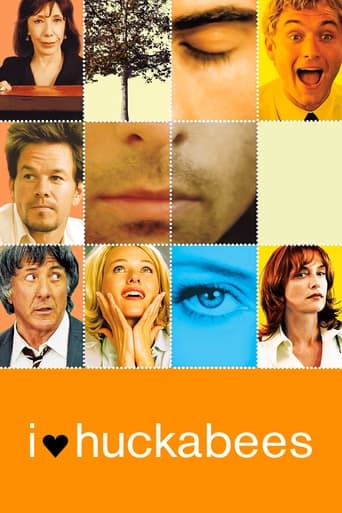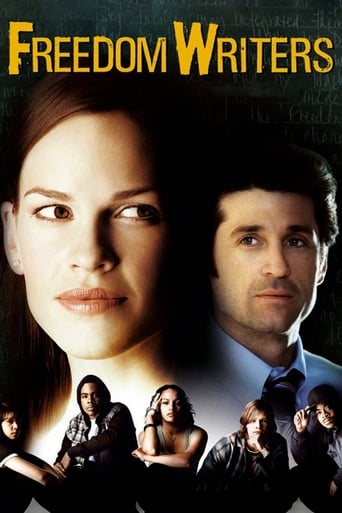Molokai: The Story of Father Damien (1999)
The true story of the 19th century Belgian priest, Father Damien, who volunteered to go to the island of Molokai, to console and care for the lepers.
Watch Trailer
Cast


Similar titles
Reviews
Molokai was a good movie. Not outstanding, but still good. It talked very openly about the prosecution and exile of Lepers in that time period. It was an emotional roller-coaster because at first you don't really feel for the lepers, as you have no connection to them. Eventually the more time Father Damien spends with them, the more that the audience starts to sympathise. As the audience is starting to sympathise more and more, then it gets sadder and sadder. Although I don't enjoy watching older movies (even 1999) but the directing in this film was quite forward for 1999 and felt like a modern film with a bad camera. The acting cast was very convincing and you really felt emotionally connected to the characters in it. It was based on a true story and you could really feel the characters come to life.
One of the most inspiring movies I have ever seen in my life. The story follows a priest who decides to set up a service and care for a colony of Lepers on the Island of Molokai in Hawaii. He cares not for his own well being, but only for others as taught by him through his religion of Christianity. He openly interacts, touches and blesses the Lepers and regards them as people, unlike many others who forced them to go to this island. He also has hopes for a better future and more care for the people as he constantly tries to the government of the Island and the Church about getting more supplies and care for these people and he is eventually successful. He chose to think and care for others more than for himself, especially remarkable because the people were all rotting, dieing Lepers.His actions made him pay the ultimate price as he eventually caught leprosy and soon over time began to feel the effects of it. Though he had the disease, he continued to help and care for the Lepers and lead out his services at the colony. His actions can be compared to those of almost the likes of Mother Teresa. Leprosy soon cost him his life but even though he was dieing he still spent time helping and caring for others who needed help more than he did. This film helps to show Father Damien's strong devotion to God and his selfless actions he learned from the teachings of Jesus and his priesthood. Father Damien cast away his life, family and friends to go on this mission. This is truly a story about a hero who few have heard of before.
I hate to be negative about a film that was obviously made with such good intentions, and I certainly don't want to offend anyone who sees Father Damien - the self-sacrificing Belgian priest - as a saint, but there isn't much that's positive to say about this inferior biopic. It isn't bad enough to be unwatchable, or good enough to deserve a second viewing. It's just very, very dull. I rented it on DVD and came to it open-minded but after half an hour I was struggling to stay awake. The opening twenty minutes are probably the best part of the movie, where the background is laid down and we see young, keen, fresh, athletic Father Damien striding off to fulfill his destiny.I can't quite put my finger on what went wrong, although I have read of "dissension" between the director and producers. The cast, crew and financiers appear to be drawn from just about every nation on the face of the planet, and maybe that's one of the problems because the film has no distinctive "feel" to it; it's not a British movie or an Australian movie, or a Belgian movie, although all of those countries are well represented amongst the players and producers. What it so obviously lacked, was anyone strong enough on the production side to stamp some kind of distinctive character and style on it. It feels like a movie made by committee rather than created by artists. A committee may succeed in writing a technical manual, but it's not the way to create a passionate piece of cinema. And that's what it lacks. Passion.Here we have a film set against stunning natural beauty; an ensemble cast list that reads like a Who's Who? of highly competent English speaking actors, (including Derek Jacobi, Leo McKern, Peter O'Toole, Sam Neill and David Wenham in the lead, with a mop top haircut that Ringo Starr would have envied in 1964); a moving, true story of a man who was obviously a remarkable human being; and more than enough controversy in his dealings with authority to create some real tension in the story. It's an appalling tale of the isolation and virtual abandonment of thousands of sick people from babies to grandparents, who had the misfortune to contract Leprosy at a time when it was still regarded as a biblical plague, and who were left to die alone in misery. That should be more than enough material for a really good movie, yet it's inexcusably dull, dull, dull, and really quite badly filmed. The photography looks "muddy" in shot after shot and some of the dialogue is hard to discern against what appears to be a permanent Force 8 gale.It might work as an educational tract, (in fact it reminded me of some of the worthy but dire stuff I sat through 30 years ago in my last high school, a convent, when the teachers decided to go all "trendy" and treat us to an educational film) but it doesn't work as a cinematic piece. It would have been dull, even as a TV movie. Australian David Wenham gives an honest, engaging, workmanlike performance as the priest who arrives on Molokai expecting to take confessions and officiate at Mass, but finds himself instead making coffins for children, and trying to scrounge money for beds and medicines from uncaring superiors. Try as he might, he can't lift this one. (Anyone who has also seen Better than Sex will appreciate that he has range, and this movie is now 7 years old in fairness.) The film moves from scene to scene showing him treating the sick, comforting the dying, dragging people out of the surf, building houses etc etc. in an utterly formulaic way which never generates any real passion. He writes letters to HQ, and complains politely, but there is a remarkable lack of tension and drama in his dealings with his superiors. The sick shuffle around Molokai wrapped in rags, and we feel suitably uncomfortable, but it is all so dull. I wanted to be moved and I wasn't. Eventually Father Damien succumbs to Hansen's Disease (Leprosy) himself, literally giving his life for these forgotten people. It's a strong story that should have had audiences weeping in the aisles, but personally I was just glad when it finished. I can't really fault any of the individual performances, (in fact Aden Young was excellent as the young doctor and Sam Neill is always good value), it's just the overall effect that's so second rate.Given the subject matter, it's really quite sad that such a good tale got such an inferior treatment. I know nothing about Father Damien but I'm sure he deserved better.
Ok, so we have a Dutch/Belgium production, set & filmed in Hawaii, made by an Australian director with Australian, British & American actors. You can't accuse this film of not being an international concern!Solid acting performances by many involved, especially Jacobi, Wenham & O'Toole. Sadly the script lacks depth in many areas, had the director & producers had not been at loggerheads through most of the shoot, this could have been dealt with.Interestingly, Paul Cox still holds some bitterness over this. In a recent interview on the Australian TV channel, Showtime, Cox admitted the film was about 80% of what it could have been if he had his way & that there are too many "idiots" running the industry.Not a great film but not bad either, worth checking out but could have been a more indepth film.

